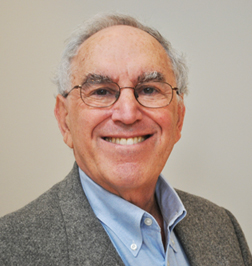Prescribing Antibiotics to Patients with Acne
Prescribing Antibiotics to Patients with Acne
Members of the College of Family Physicians of Canada may claim one non-certified credit per hour for this non-certified educational program.
Mainpro+® Overview
A Case of Large Nasal Vestibular Mass presenting with Nasal Obstruction and Epistaxis
A Case of Large Nasal Vestibular Mass presenting with Nasal Obstruction and Epistaxis
Members of the College of Family Physicians of Canada may claim one non-certified credit per hour for this non-certified educational program.
Mainpro+® Overview
Editor's Note, Volume 3 Issue 7
Editor's Note, Volume 3 Issue 7
D’Arcy Little, MD, CCFP, FRCPC
Medical Director, JCCC and HealthPlexus.NET

- Read more about Editor's Note, Volume 3 Issue 7
- Log in or register to post comments
Beyond Rasouli: What has the Supreme Court said about Late-Stage Dementia and Continued Life-maintaining Treatment?
Beyond Rasouli: What has the Supreme Court said about Late-Stage Dementia and Continued Life-maintaining Treatment?
Discolouration of the Tongue
Discolouration of the Tongue
Members of the College of Family Physicians of Canada may claim one non-certified credit per hour for this non-certified educational program.
Mainpro+® Overview
Post-test: Clinico-Pathological Quiz
Members of the College of Family Physicians of Canada may claim MAINPRO-M2 Credits for this unaccredited educational program.
| Questions | 4 |
|---|---|
| Attempts allowed | Unlimited |
| Available | Always |
| Backwards navigation | Forbidden |
Pre-test: Clinico-Pathological Quiz
| Questions | 3 |
|---|---|
| Attempts allowed | Unlimited |
| Available | Always |
| Backwards navigation | Forbidden |
Post-test: Hairy tongue
Members of the College of Family Physicians of Canada may claim MAINPRO-M2 Credits for this unaccredited educational program.
| Questions | 4 |
|---|---|
| Attempts allowed | Unlimited |
| Available | Always |
| Backwards navigation | Forbidden |
Pre-test: Hairy tongue
| Questions | 3 |
|---|---|
| Attempts allowed | Unlimited |
| Available | Always |
| Backwards navigation | Forbidden |

 Michael Gordon, MD, MSc, FRCPC, Medical Program Director, Palliative Care, Baycrest Geriatric Health Care System, Professor of Medicine, University of Toronto, Toronto, ON.
Michael Gordon, MD, MSc, FRCPC, Medical Program Director, Palliative Care, Baycrest Geriatric Health Care System, Professor of Medicine, University of Toronto, Toronto, ON.